Learning is a Joy: Preparing for the Storm
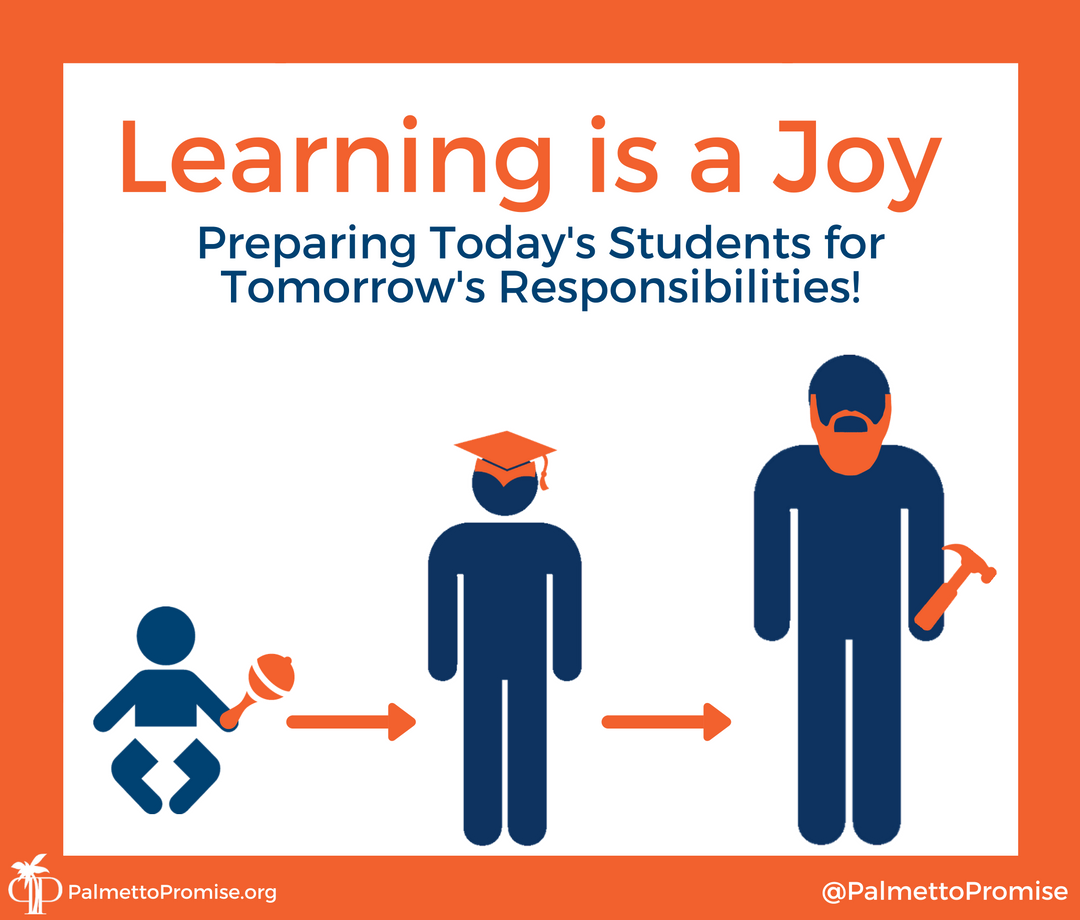
The long-term health of our state requires healthy classrooms today.

The long-term health of our state requires healthy classrooms today.
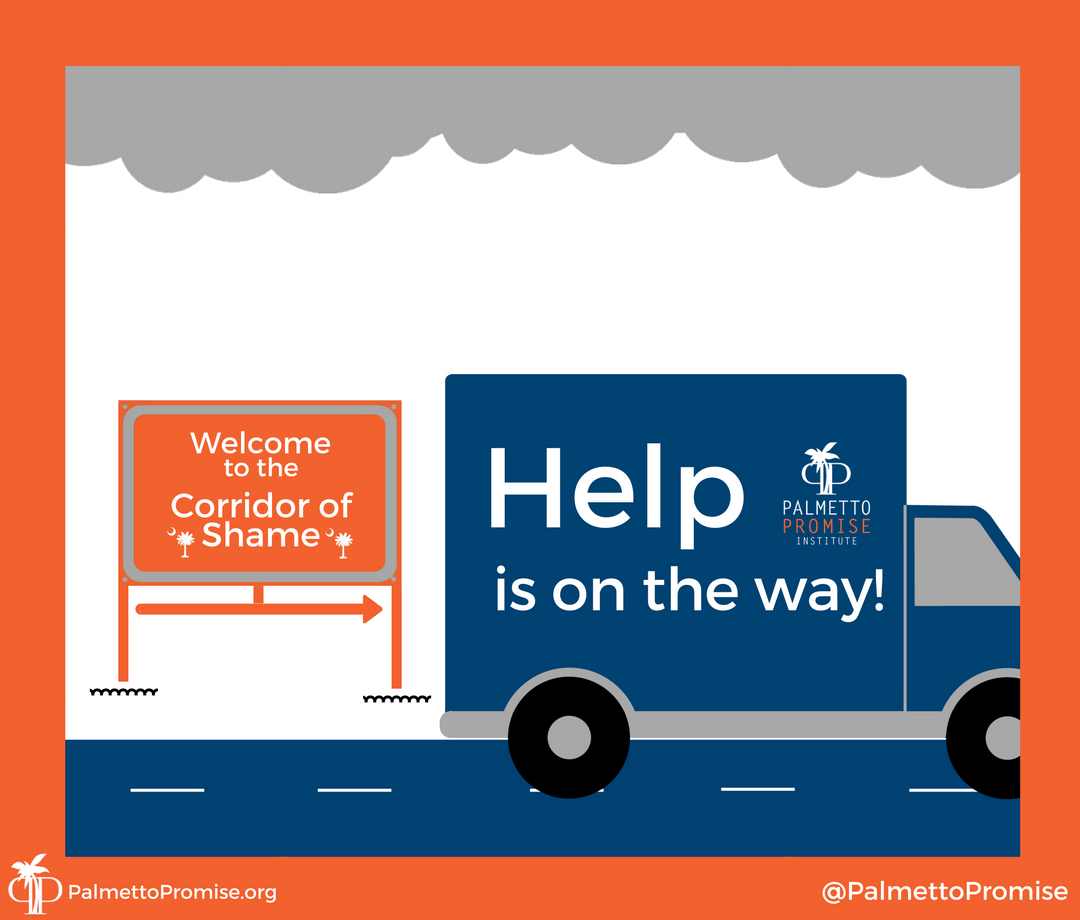
Ultimately, the Abbeville ruling reinforces what we already know: too many students do not have access to a quality education in South Carolina.
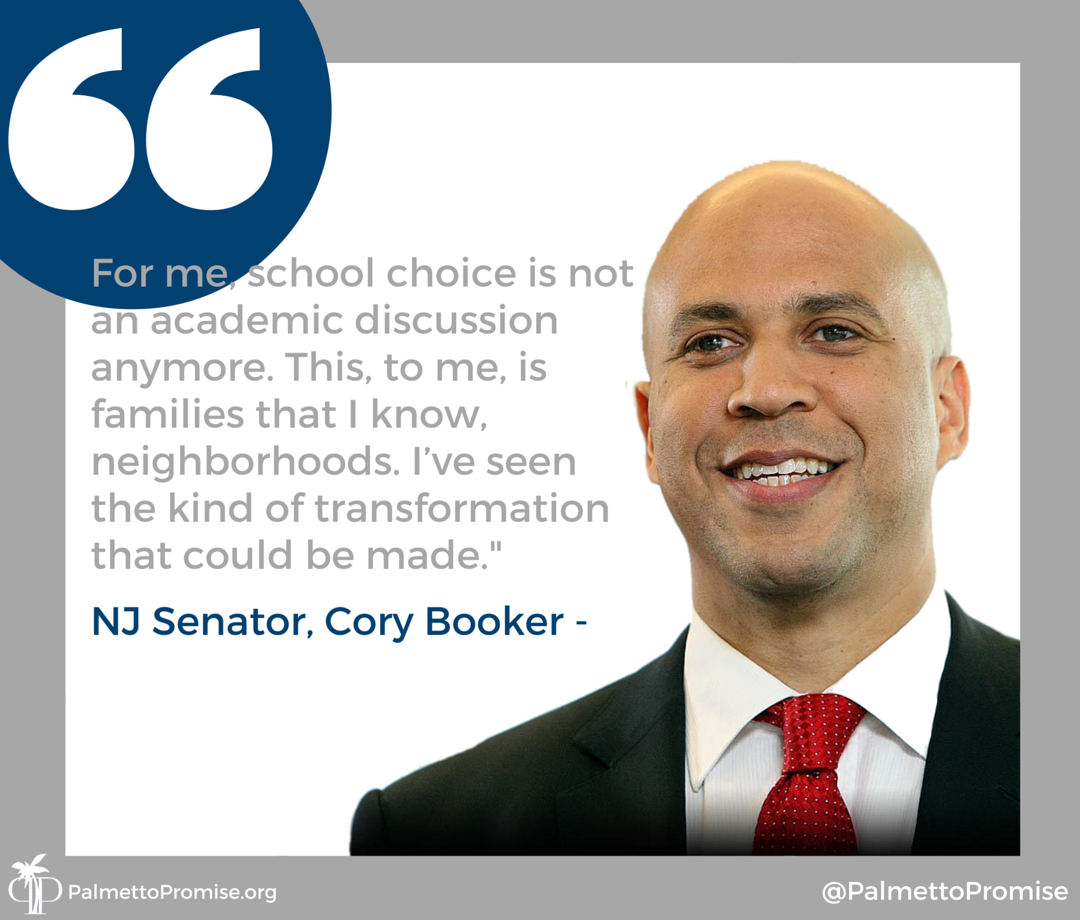
While deep division runs between America’s two main parties on many issues, school choice is increasingly becoming a point of bipartisanship.
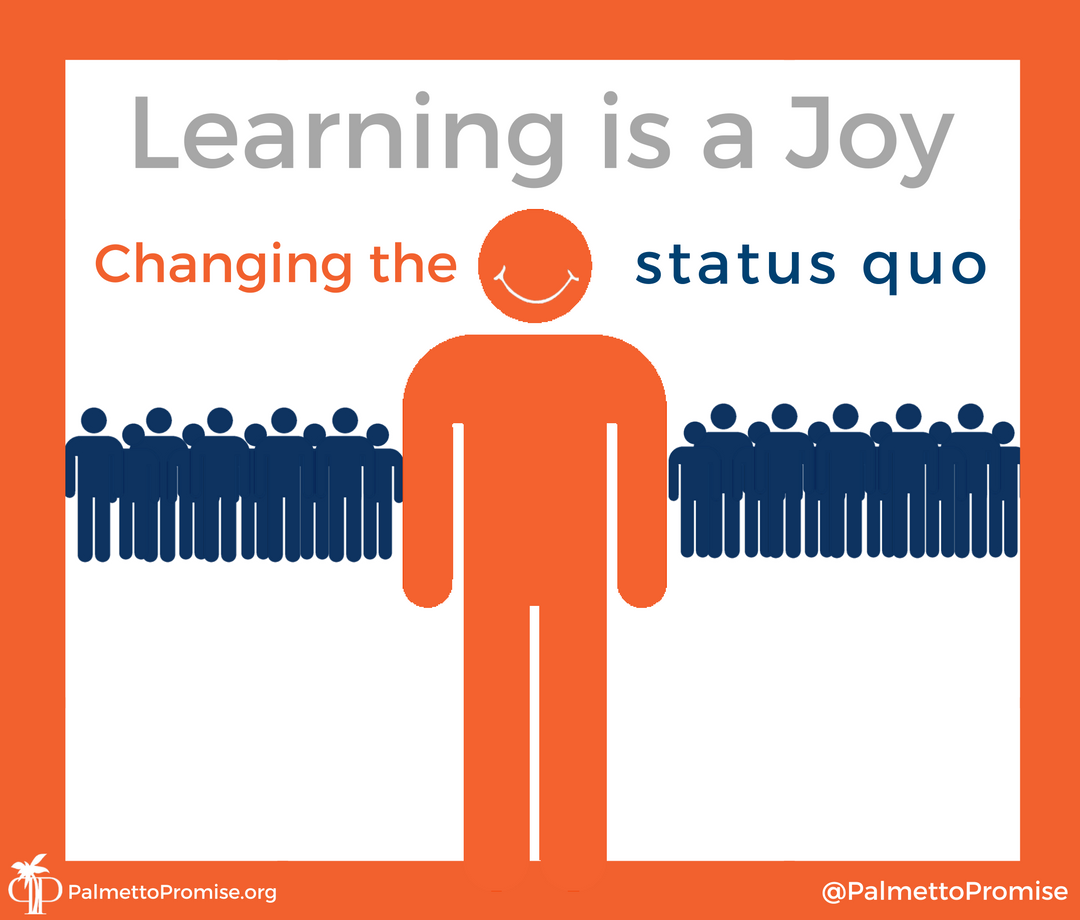
Sadly, despite new programs and an abundance of good intentions, the status quo in South Carolina has changed very little over the last few decades.
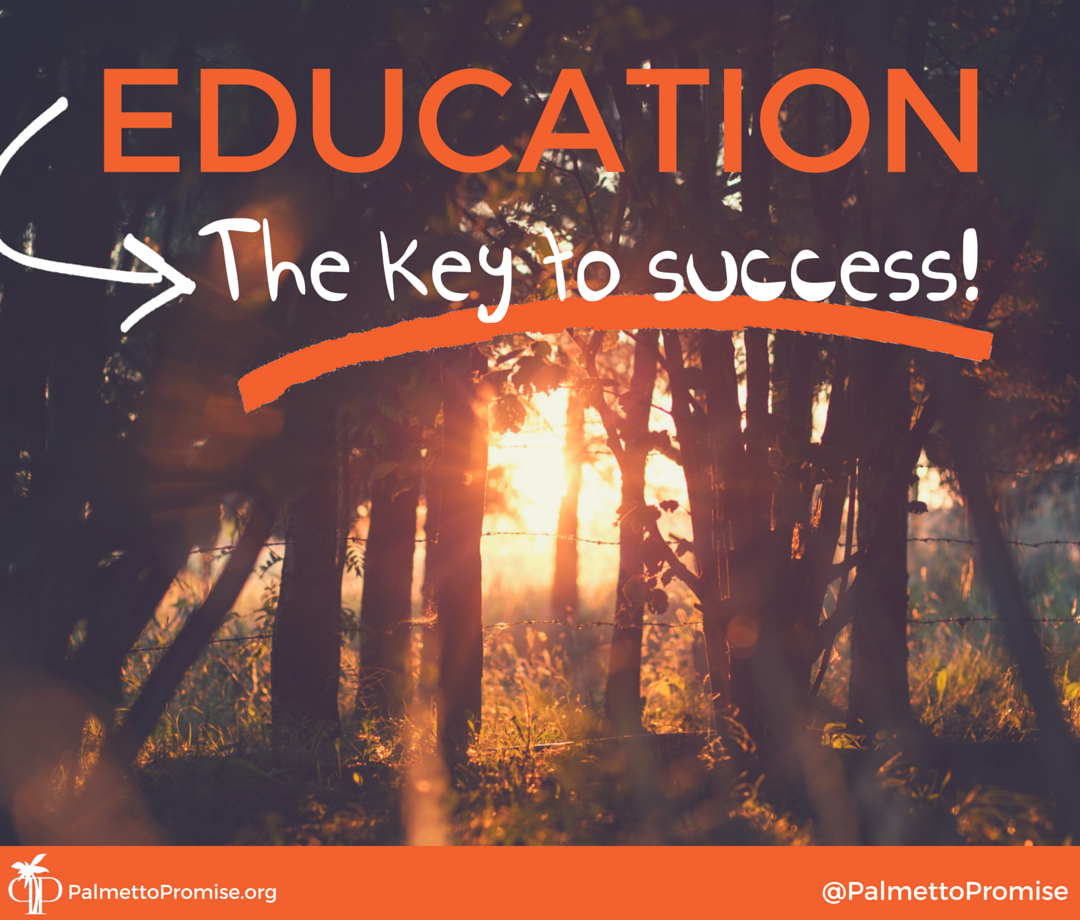
If the opportunity for success is provided to young people in our state, many of them will use that opportunity to accomplish their goals.
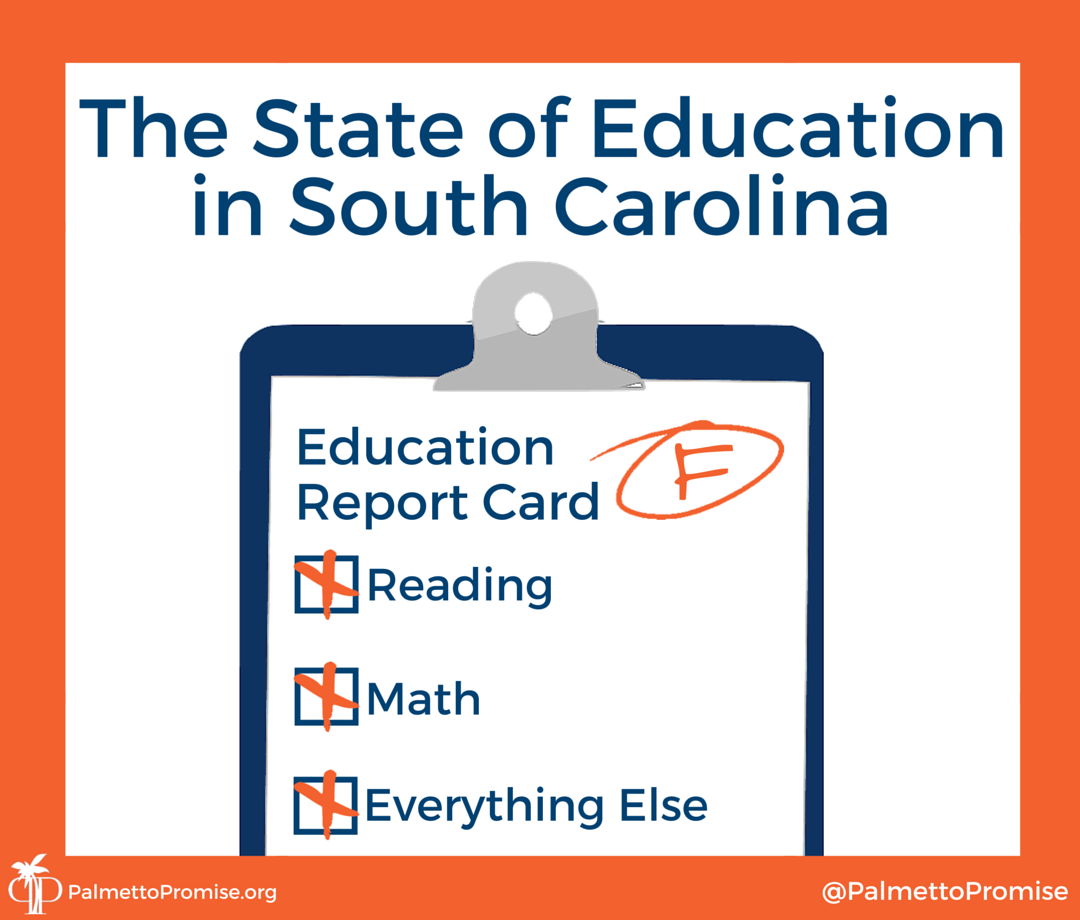
In the last 3 years, SC has made precious little progress on these same kinds of reforms that could right the education ship for our students.

What is the rationale for ESAs and where did they get their beginning? You've come to the right place for the answer!

We hope you join us in this very important mission to impact children’s lives for the better. Because the children of today need to be equipped for leadership tomorrow!
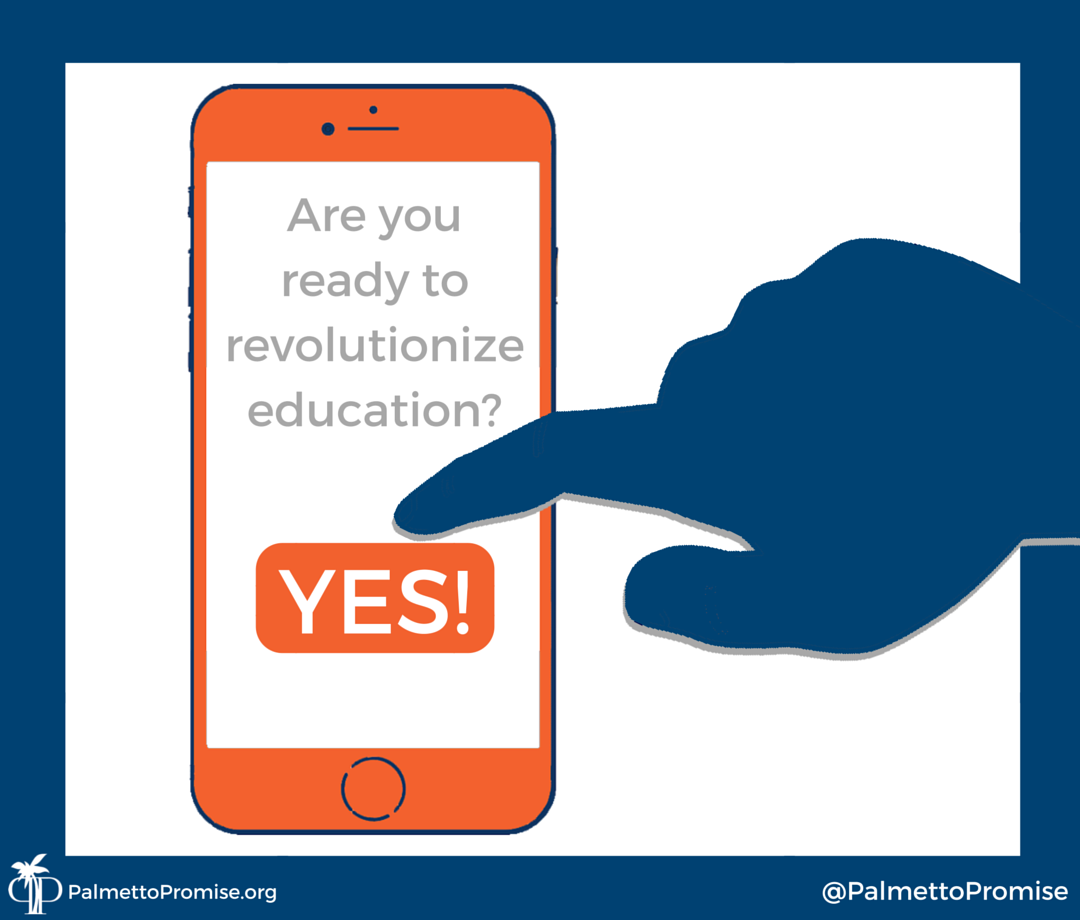
When Steve Jobs introduced the iPhone in 2007 he said, “Every once in a while a revolutionary product comes along that changes everything…"

A time-sensitive opportunity for YOU to help exceptional needs children in South Carolina has opened up!